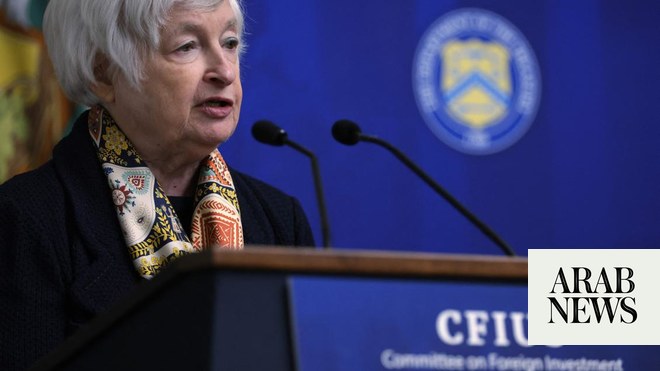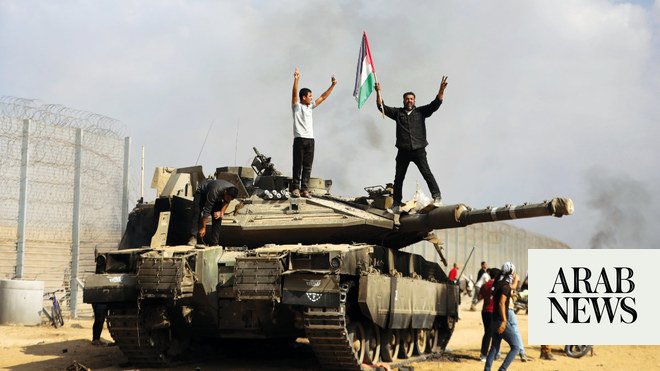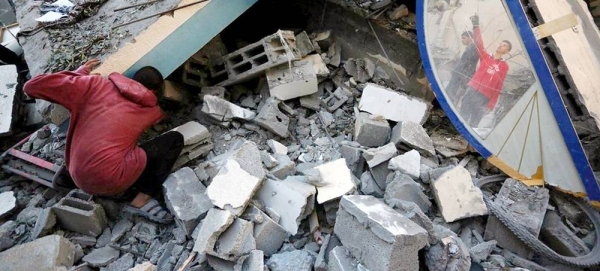
There is no value to any verbal assurances about Iraq’s water security, which is being threatened by Turkey and Iran. Images showing the interruption of the flow of the Tigris River through the destroyed city of Mosul due to the starting of operations at Turkey’s Ilisu Dam, which holds more than half of the river’s water from Iraq, are shocking and show the extent of the disasters in this country. The Tigris is no longer the historical river that was associated with Iraqi literature, poetry and life. It has become a stagnant area surrounded by ruined neighborhoods and huge destruction.
Particularly for Mosul, which suffered the destruction of nearly 90 percent of its old neighborhoods last year because of the war on Daesh, the dryness of the Tigris has come to complete the task of killing the town, while its people live in refugee camps in its surroundings.
Turkey has decided to operate the dam and has stopped the flow of water. And the Tigris, which represents an Iraqi sentiment penetrating the city and forms a divide between the two sides, has now become a swamp. The Turkish move has an impact on this city in particular. The five bridges that linked the banks of the river had already been blown up by Daesh, which made the Tigris a divide between two Mosuls, then came the siege and war to complete the mission of destruction. Today, with the river dried up, the city will be subject to a dramatic transformation that promises nothing but further destruction.
This is what the images of thousands of dead fish and stagnant water on the banks of the ruined city show.
While Turkey is seeking to build a dam on every drop of water emanating from its territory during the next 10 years, as its projects show, its ambassador to Baghdad says that his country does not seek to harm the Iraqi people. But the truth is quite the opposite. And another truth is that Iran is also contributing to depriving Iraq of water. Tehran is constantly cutting off every watercourse that ends up in Iraqi territory as part of a clear strategy. This has been repeated many times over the years, yet Iranian officials say they support water security for Iraqis.
Turkey"s Ilisu Dam has reduced the river Tigris in Mosul to a stagnant area surrounded by ruined neighborhoods and huge destruction.
Diana Moukalled
The disaster that surrounds the Tigris and Euphrates rivers is certain, and it is increased by the absence of any commitment from the upstream countries to respect global agreements on the use of international rivers and the failure and negligence of successive Iraqi governments. This opens the door to future conflicts that are constantly being warned against by the international community.
The Tigris has become smaller than its original size. All the assurances obtained by Iraq over its water security are inaccurate: They are political attempts to calm the situation and avoid provoking Iraqi public opinion, which has realized, for the first time, the extent of the catastrophe for which the operation of the Ilisu Dam is just a prelude.
It is hard to convince Iraqis as they watch their rivers dry up, the death of their fish and the demise of their environment that these steps are “friendly.” Future Iraqi generations will bear the consequences of these crises.
Extraordinary wars have been fought on the lands of Iraq and Syria, and the countries that are making these two nations thirsty today are those that caused a large part of this destruction. Talking about confronting Iraqi crises in a manner that has been tried and failed repeatedly over the past years is futile and ineffective for the future. Will Iraqi officials face up to the realities or be swept away by political and regional biases at the expense of their country?
So far, there have been no serious steps in the face of drought, especially in this hot summer. And the disaster that began to loom will not be dispelled by the words of Recep Tayyip Erdogan or the smiles of Hassan Rouhani.
Iraq is entering a new tragedy, one that will affect other countries and peoples if not remedied.
Diana Moukalled is a veteran journalist with extensive experience in both traditional and new media. She is also a columnist and freelance documentary producer. Twitter: @dianamoukalled












